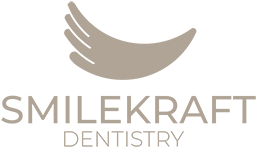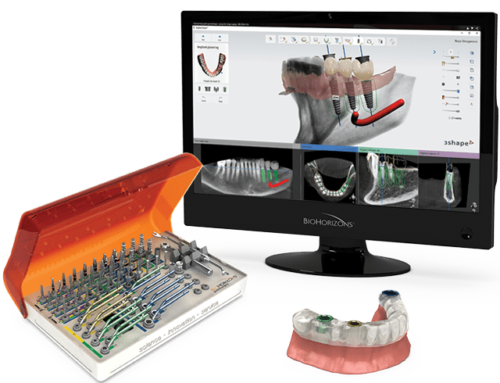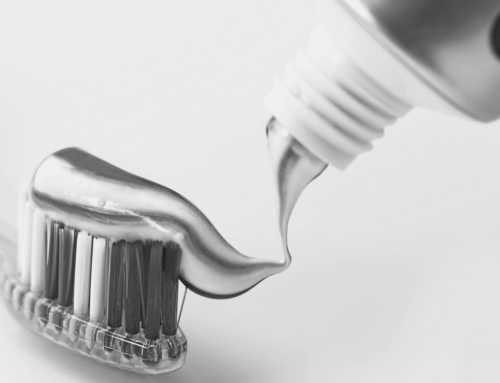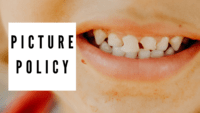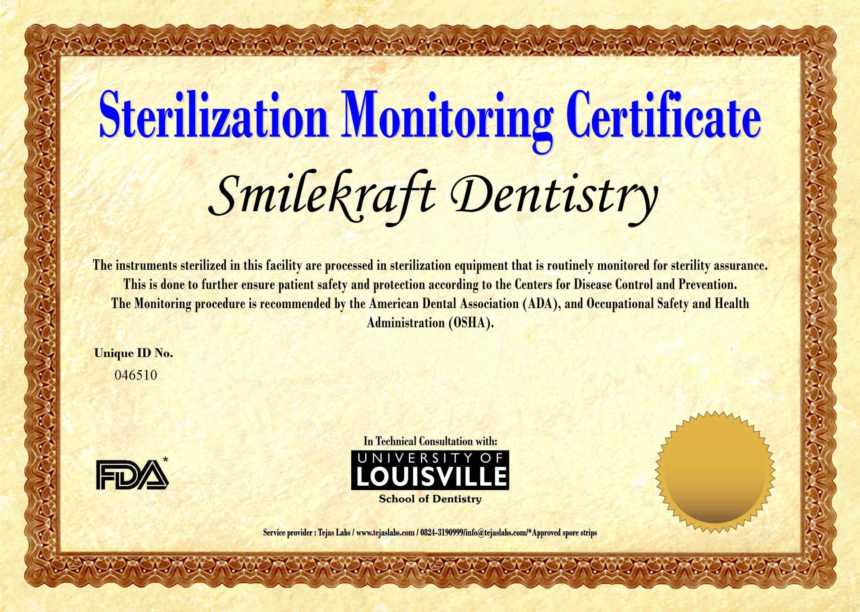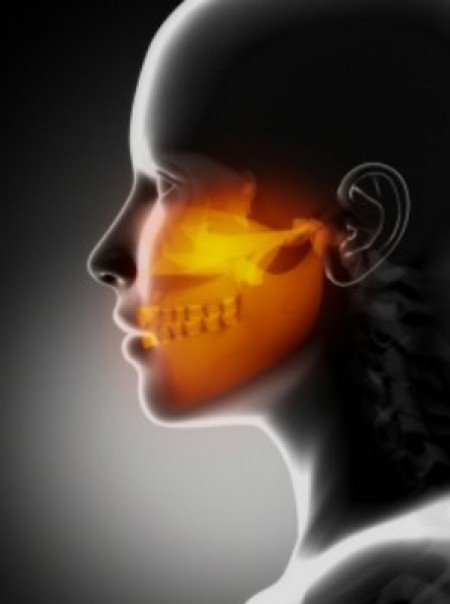 Temporomandibular joint dysfunction or “TMD” is often called the “Great Impostor” due to the wide ranging symptoms that can occur from this condition. In addition to popping or cracking sounds as well as difficulty opening the mouth, when pain originates from the jaw joint it can be felt in the forehead, behind or above the eye and even in the ears. Dr. Priyank Mathur of Smilekraft Dentistry discusses this dental problem in depth.
Temporomandibular joint dysfunction or “TMD” is often called the “Great Impostor” due to the wide ranging symptoms that can occur from this condition. In addition to popping or cracking sounds as well as difficulty opening the mouth, when pain originates from the jaw joint it can be felt in the forehead, behind or above the eye and even in the ears. Dr. Priyank Mathur of Smilekraft Dentistry discusses this dental problem in depth.
TMJ pain may be caused by acute trauma. Acute trauma can be a result of a blow to the jaw or a dental filling that is too “high” causing one side of the jaw to hit too hard when chewing. Certain kinds of misalignments of teeth can place added stress on the jaw joint during chewing. This constant added stress over time can cause pain in the TMJ.
In fact, there are a number of habits that can lead to TMJ pain:
- Bruxism
Teeth grinding speeds up the wear and tear on the cartilage lining of the TMJ. People who grind or clench their teeth may not even be aware they are doing it and often wake up in the morning with jaw pain, ear pain or even a headache. - Teeth Clenching
People who clench or continually bite on things while awake – this could be as simple as chewing gum, a pen or pencil, or even fingernails. The constant pounding on the joint causes the pain. - Malocclusion
People with misaligned teeth may complain that it is difficult to find a comfortable bite or that the way their teeth fit together has changed. Chewing on only one side of the jaw can lead to or be a result of TMJ problems.
These are situations that can be treated with physical therapy, ice and hot packs, posture training and orthopaedic appliance therapy such as a splint or bite guard. When necessary, a stronger form of pain killer or anti-inflammatory medications, muscle relaxants or antidepressants may help ease the disturbing symptoms as suggested by your dentist.

